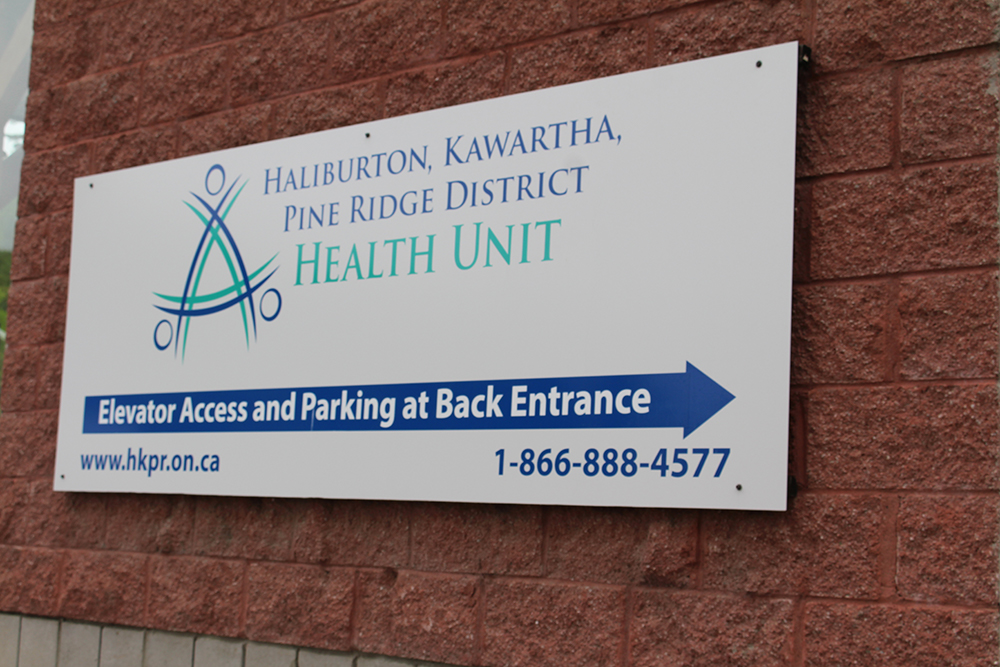The Haliburton-Kawartha-Pine Ridge District Health Unit Board of Health is joining a push for universal basic income in the wake of the COVID-19 pandemic.
The board voted unanimously June 18 to support a letter from the neighbouring Simcoe Muskoka District Board of Health to the federal government. The letter asks the government to evolve the Canadian Emergency Response Benefit (CERB) into a basic guaranteed income through the pandemic and beyond.
Chair and City of Kawartha Lakes Coun. Doug Elmslie said he would like to see a basic income tried to address poverty.
“We just continue to throw money at the problem and throw our support behind Ontario Works and social housing … keeping people basically with a stipend and making it difficult for them to get out of the poverty loop,” Elmslie said. “I’d like to see us at least try so we can see whether it will make a difference.”
Lindsay was one of the locations of a three-year basic income pilot project, started in 2017 but then cancelled July 2018 by the new Conservative government. Though the pilot was not completed, a Basic Income Canada Network survey of people enrolled found positive outcomes before the cancellation. Elmslie said during the meeting he was disappointed by the cancellation and would have liked to have seen more results at the three-year mark.
Medical officer of health Dr. Lynn Noseworthy said an initiative such as this is important amidst COVID-19, given how it has had a bigger impact on the poor. She said a basic income stands to improve public health.
“Going forward, once COVID-19 is over, they can continue CERB in some other form so people who are marginalized and who would benefit from these programs have the opportunity to enrol,” she said. “It’s a worthwhile investment.”
The health unit has long supported the concept of basic income as a way to improve public health, endorsing it back in 2016 according to the Basic Income Canada Network. The health unit also highlighted a 2018 report from the Ontario Living Wage Network which found Haliburton County had a living wage of $19.42 to cover basic needs for a family of four – $5 more than the $14 minimum wage and still the thirdhighest mark in the province.
Board member Bob Crate expressed concern about the costs of basic income and the letter not addressing that issue. But Elmslie responded the federal government would figure that out if they went ahead with the idea.
Elmslie said although a universal basic income is not likely to happen anytime soon, he thinks the pandemic has made people more receptive to the idea.
“More receptive people in the federal government than maybe have been there before, he said. “I know that’s no guarantee it’s going to happen but I think anything we can do to influence, for them to even look at it as an option, would be a step in the right direction.”





